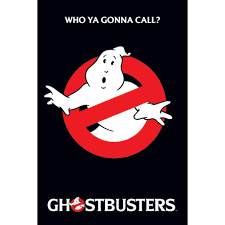
Introduction
‘Back to the Future,’ released in 1985, is not just a classic film; it is a cultural milestone that has profoundly influenced both cinema and popular culture. The film, featuring time travel, iconic characters, and a unique blend of comedy and science fiction, remains relevant as new generations discover it. This timely exploration reassesses its impact and examines why it still resonates strongly with audiences today.
Plot and Characters
The story follows teenager Marty McFly, played by Michael J. Fox, who accidentally travels back in time to 1955 in a DeLorean car modified by the eccentric Dr. Emmett Brown, portrayed by Christopher Lloyd. The film intricately weaves themes of family, adolescence, and the consequences of one’s actions, captivating viewers with its engaging narrative and memorable characters. With a storyline that poses thought-provoking questions about time and destiny, it encourages viewers to reflect on their lives and choices.
Cultural Impact and Legacy
The film gained immense popularity upon its release, quickly becoming a box office success and earning critical acclaim. Its influence can be seen across various domains, including fashion, music, and humour. The 1980s saw an explosion of references to the film— from its ‘flux capacitor’ and the phrase ‘Great Scott!’ to Marty’s iconic vest. Moreover, ‘Back to the Future’ generated a franchise that includes two sequels, an animated series, and various video games, further solidifying its place in film history.
Additionally, ‘Back to the Future’ has inspired countless parodies and homages, reflecting its deep-rooted impact on pop culture. The DeLorean has become synonymous with time travel, and its design is now iconic. The film has permeated modern consciousness, making it a staple in discussions about science fiction and cinematic achievements.
Recent Events and Relevance
In recent years, the franchise has seen a resurgence in popularity. Events such as the 35th-anniversary celebrations have sparked conversations about the film’s themes in relation to contemporary societal issues, including youth empowerment and technological advancements. Additionally, ‘Back to the Future Day’ celebrated on October 21 each year draws attention to the film’s vision of the future, often encouraging reflections on progress since the ’80s.
Conclusion
The enduring legacy of ‘Back to the Future’ is evident in its continued relevance and influence. As the film marks more anniversaries, it remains a beloved classic that invites both nostalgic admiration and critical discourse about its themes. For viewers of all ages, it serves as a reminder to appreciate the journey of life while contemplating how our choices shape our futures. The cultural significance of ‘Back to the Future’ shows no signs of fading, making it a timeless piece in cinematic history.
You may also like

The Enduring Legacy of Sylvester Stallone

The Remarkable Journey of Michael Caine
